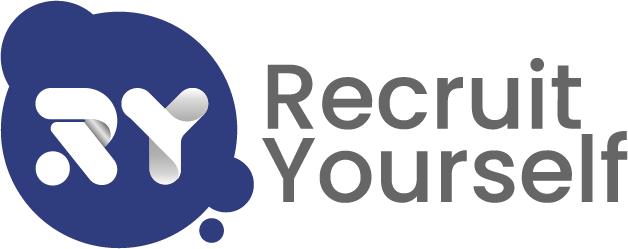Our resume is often the first impression that a potential employer has of you. A stellar resume can open doors, while a mediocre one might not even get a second glance. To ensure your resume stands out for all the right reasons, let’s delve into ten common mistakes you should avoid.
1. Typos and Grammatical Errors: Proofread, proofread, and then proofread again. Spelling mistakes and grammatical errors can suggest a lack of attention to detail.
2. Lack of Specifics: Instead of just listing duties, provide specifics. For example, “Increased sales by 20% in 2022” is more compelling than “Handled sales.”
3. Using a One-Size-Fits-All Approach: Customise your resume for each job application. Highlight the experiences and skills most relevant to the position you’re applying for.
4. Being Too Lengthy: While it’s essential to include crucial information, being overly verbose can be detrimental. Aim for conciseness and clarity. For most job seekers, a one to two-page resume is ideal.
5. Using Unprofessional Email Addresses: Your email is part of your first impression. Stick to something simple and professional, preferably a combination of your first and last name.
6. Including Outdated Information: Your high school summer job might not be relevant if you’re applying for a senior position. Focus on more recent and pertinent experiences.
7. Passive Language: Use action verbs to convey your contributions. Words like “achieved,” “managed,” or “implemented” are much more dynamic than “was responsible for.”
8. Neglecting the ATS (Applicant Tracking System): Many companies use ATS systems to filter resumes before they ever reach a human. Make sure your resume uses relevant keywords and a format that’s ATS-friendly.
9. Adding Personal Information: Avoid adding information like your age, marital status, or other personal details unless specifically asked. It’s not relevant to your capability as an employee.
10. Using a Generic Objective Statement: Objective statements like “Seeking a challenging position” are overly used and add little value. Instead, consider a professional summary that highlights your skills and experiences in a nutshell.
Conclusion: Your resume is a reflection of your professional story. By avoiding these common pitfalls, you can ensure that your narrative is compelling, clear, and worthy of that all-important interview invitation.










